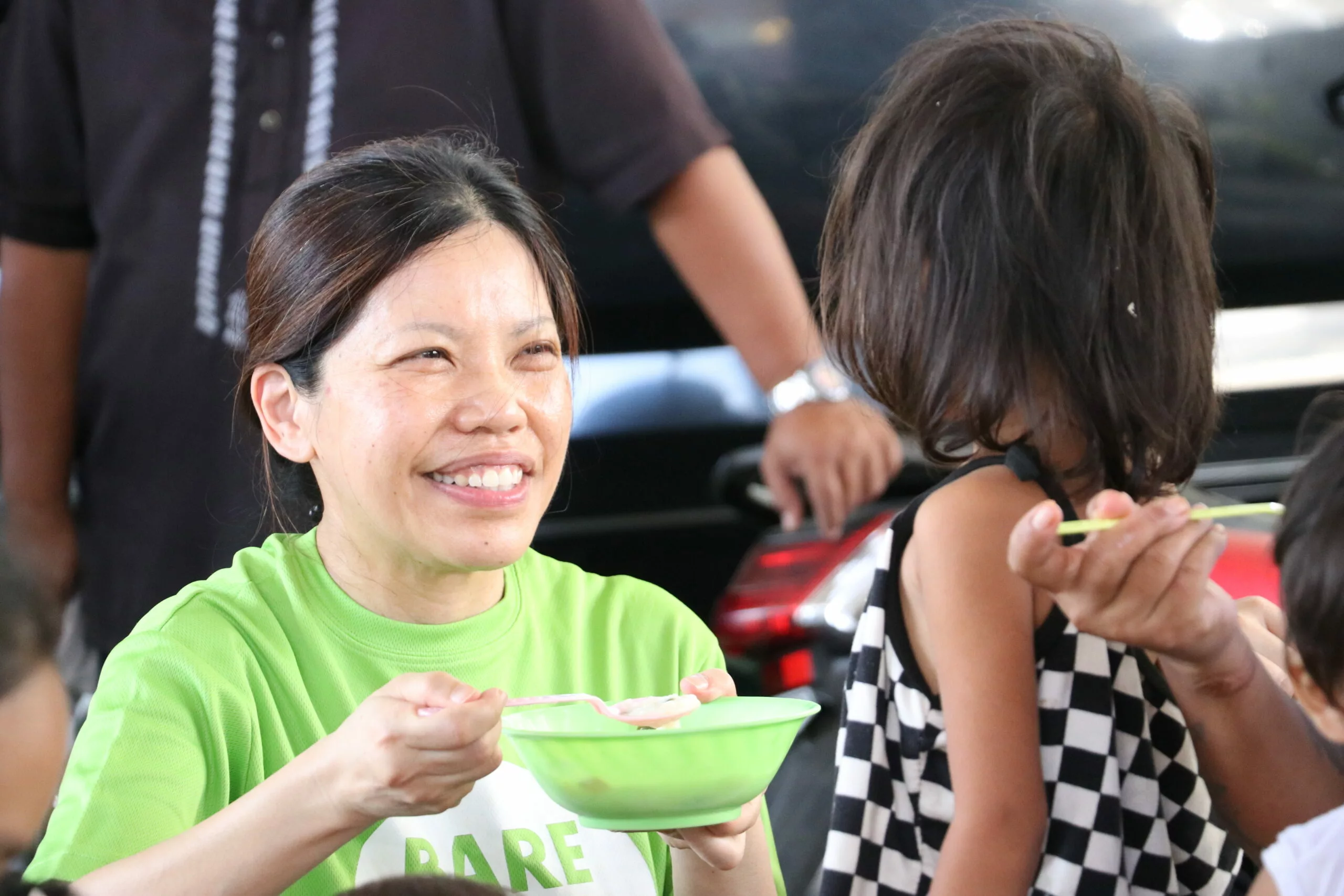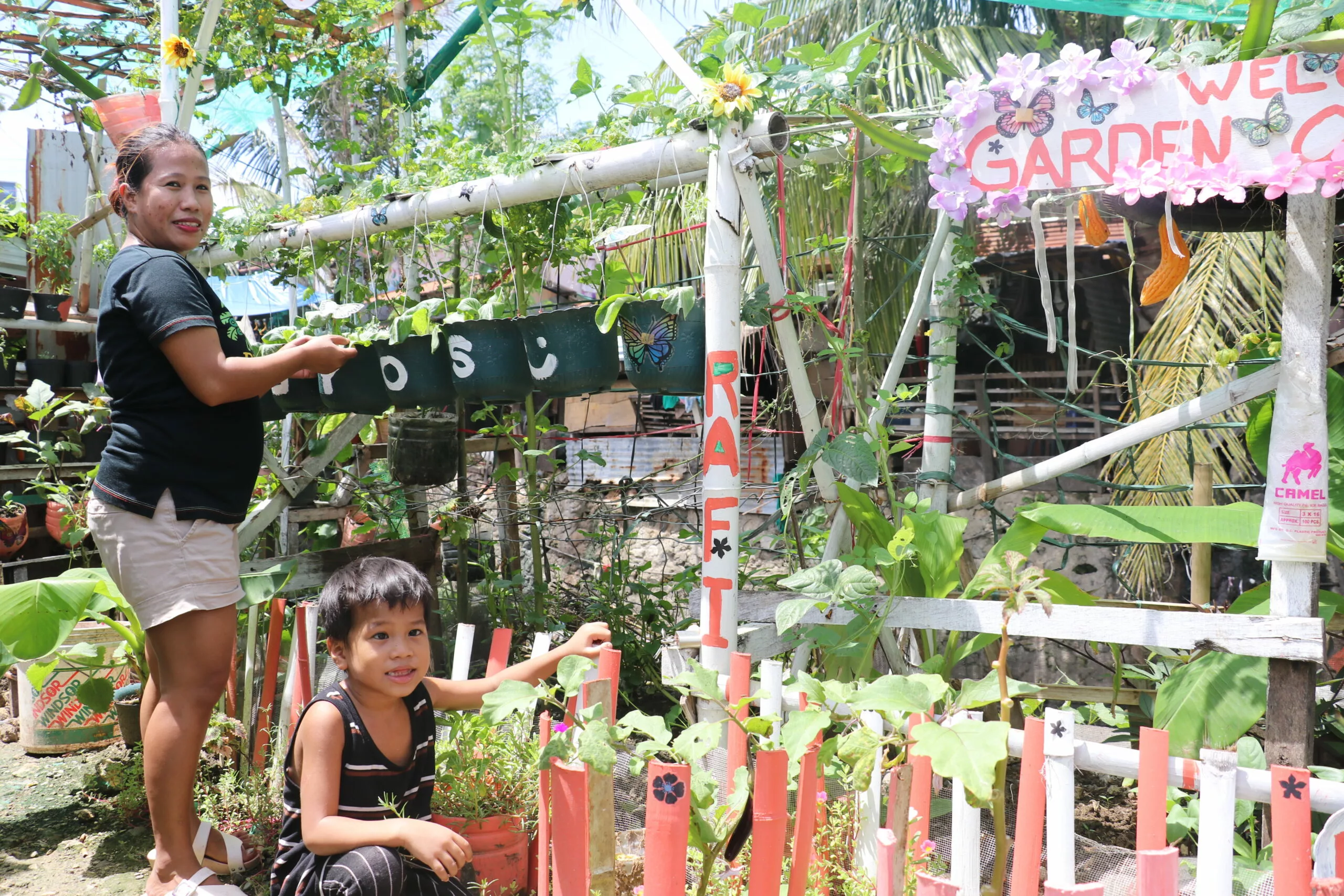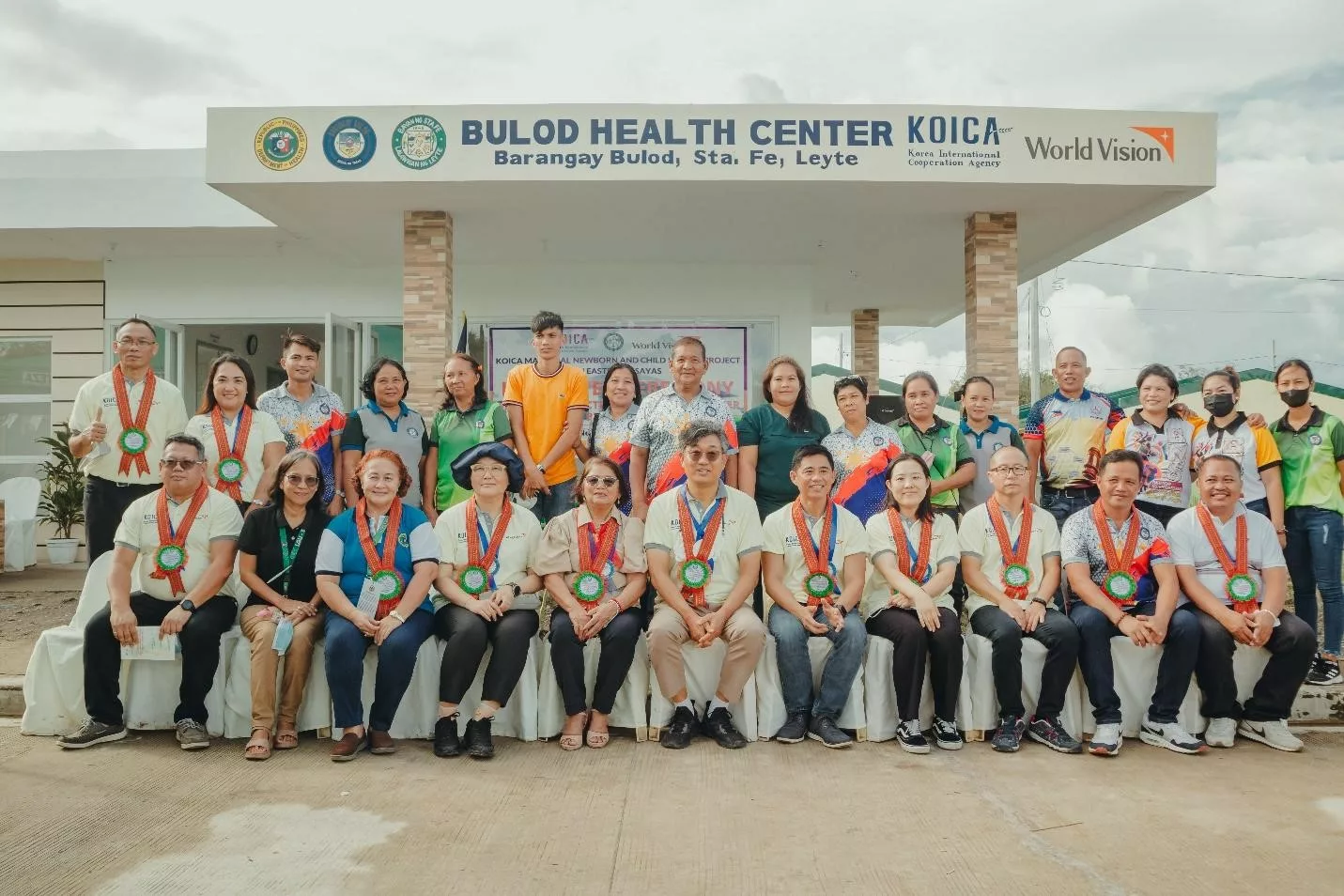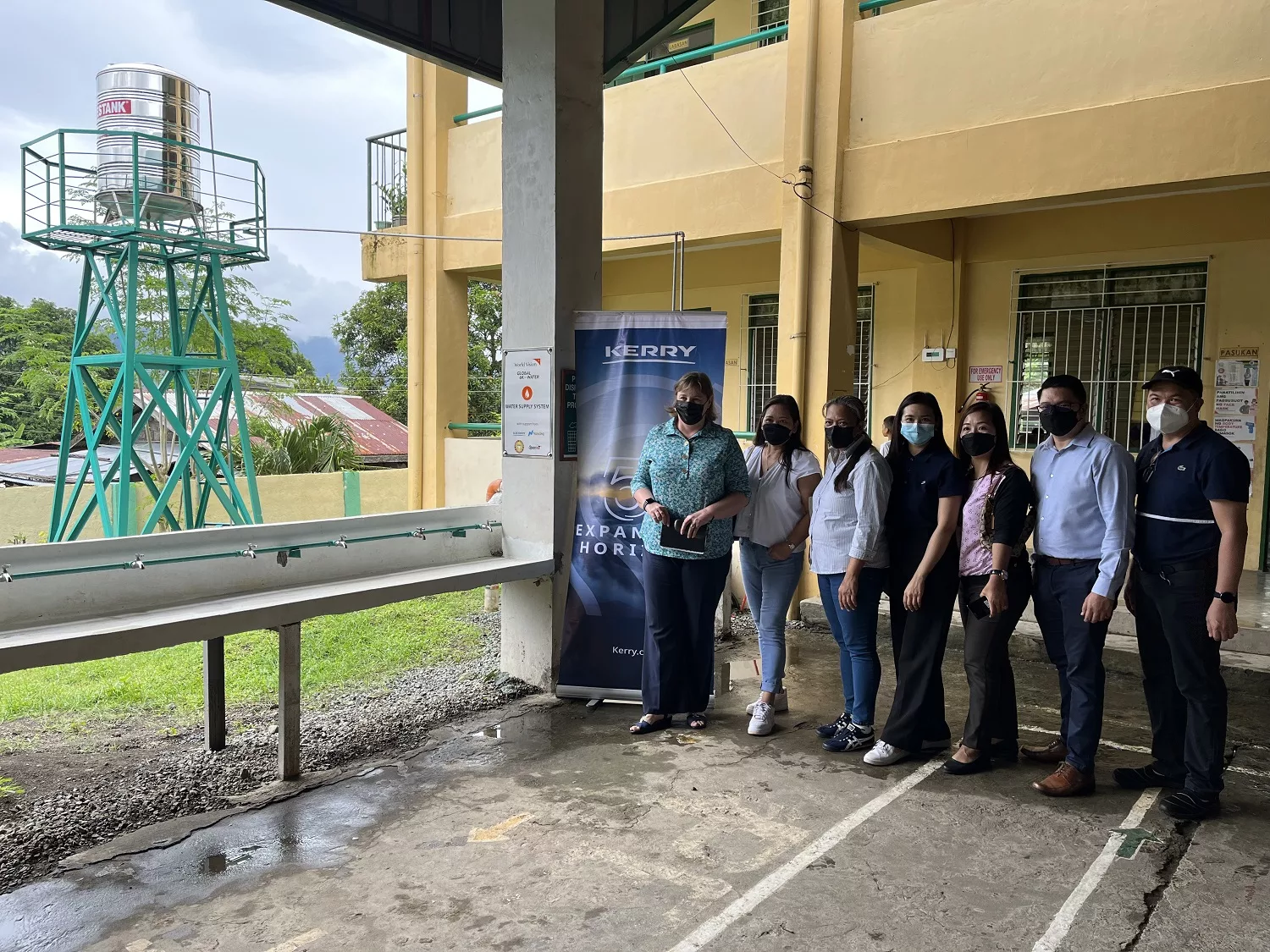Keeping children healthy by equipping barangay health stations
Barangay (village) health worker (BHW) Salmia couldn’t take her eyes off the new health equipment delivered by World Vision in her village in Marawi through its Urban Child Protection project.
“I have been a health worker since 2009 and it’s only today that we get to have these all at once. It’s exciting!” she smiles.
Salmia is the only health worker in the village of 2000 people. She is responsible for providing basic health education and some primary health care services like maternal and child health monitoring in the community. She also provides support to the City Health Office nurse, Norhana, during immunization and pre-natal activities.
“We only have one health equipment in the community – a weighing scale, which, obviously, is not enough. Before the pandemic, nurse Norhana, would visit the village every Wednesday for immunization, pre-natal, and other health activities. I would go to our neighboring village and borrow height board and other equipment, including a sphygmomanometer, so she can check the blood pressure of the people coming to her,” she shares.
However, because of the restrictions and risks that go with COVID-19, nurse Norhana’s visit is no longer as consistent. While Salmia was trained to provide primary health care, she can’t do basic things like checking of blood pressure because there is no equipment available.
Rosenifah, 23, expressed her concerns. She is five months pregnant with her first baby.
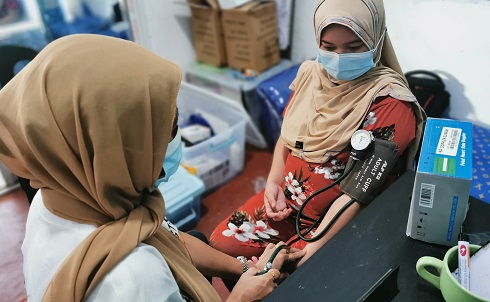
“COVID-19 is affecting our access to health services. If my anxiety takes the best of me and I’d like to see my BP, it would cost me at least P300 to travel to the nearest health center. Now that World Vision helped provide these resources to our community, I am more at ease,” she shares.
Most of the families in Marawi are still reeling from the impact of the siege in 2017, which displaced thousands of people. Recovery has been more difficult when the COVID-19 pandemic happened, crippling the economic activities of the people.
A recent study by the University of the Philippines Population Institute (UPPI) and the United Nations Population Fund (UNFPA) revealed that maternal death can increase to up to 26% or additional 670 additional deaths from that of 2019. With poor health system made worse by the threat of COVID-19, more children below five could also die from preventable diseases.
World Vision recently provided the village with fetal heart rate doppler, blood glucose/cholesterol/uric acid monitor stethoscope, blood lancets, blood hemoglobin meter, BP monitor, height board, salter scale, among others.
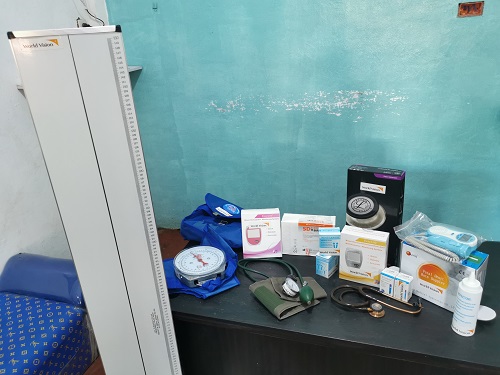
“It’s difficult when nurses like me visit a barangay health station without the necessary equipment so I’m glad to know that you have partnered with this particular village in Marawi. Our BHWs like Salmia are already trained to use some of these equipment that you gave so these are really helpful for the barangay, especially now that we are in the midst of a pandemic. We need our villages to be equipped so they can provide primary health care, especially in times when nurses like myself are not around,” says nurse Norhana.
Meanwhile, 20-year old Nabilah gets to try the weighing scale/salter scale for her 7-month baby Ashnailah.
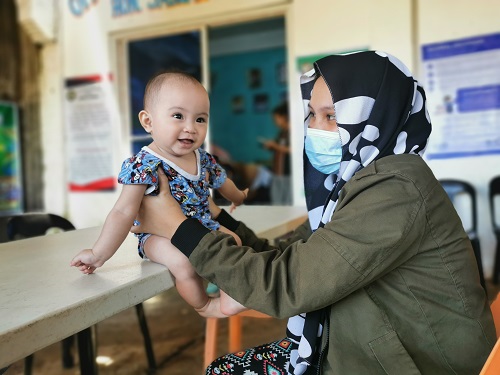
“I want to be mindful of my baby’s health. I was almost 9-month pregnant when I lost my first child. I don’t want to lose another,” she shares. Nabilah will also benefit from all the other health equipment especially when she goes to the health station to access postpartum care.
World Vision, through its Urban Child Protection Project, is supporting 10 villages in Marawi City and Cotabato City. The project aims to reach at least 6000 children through multi-sectoral interventions, including health and nutrition.



